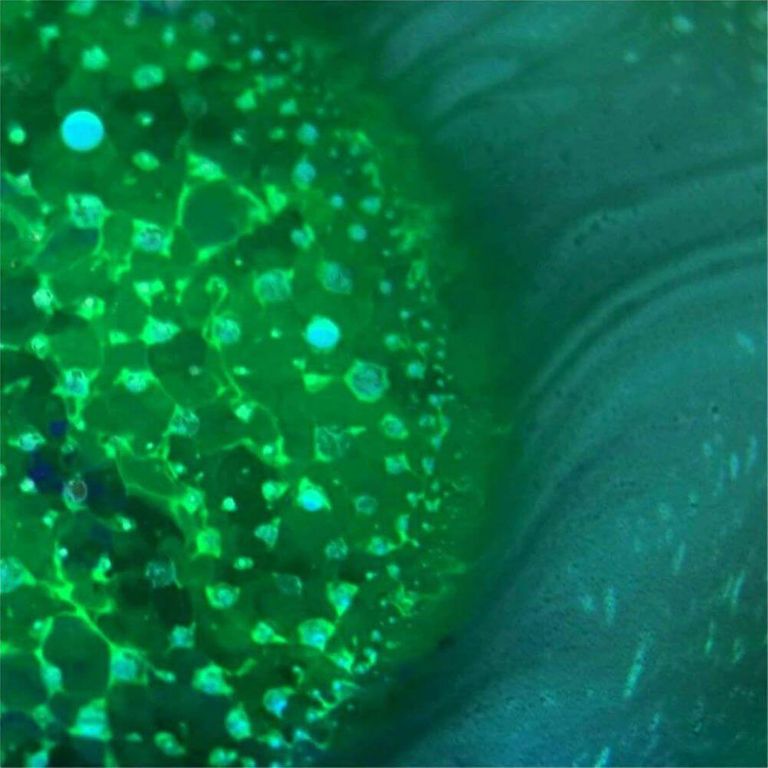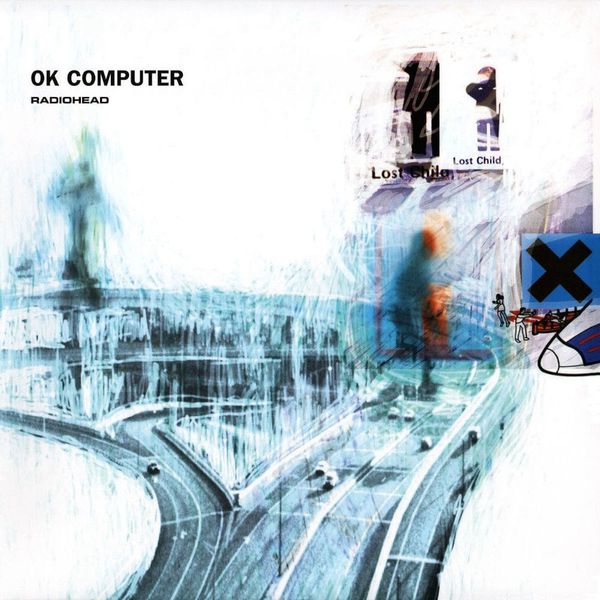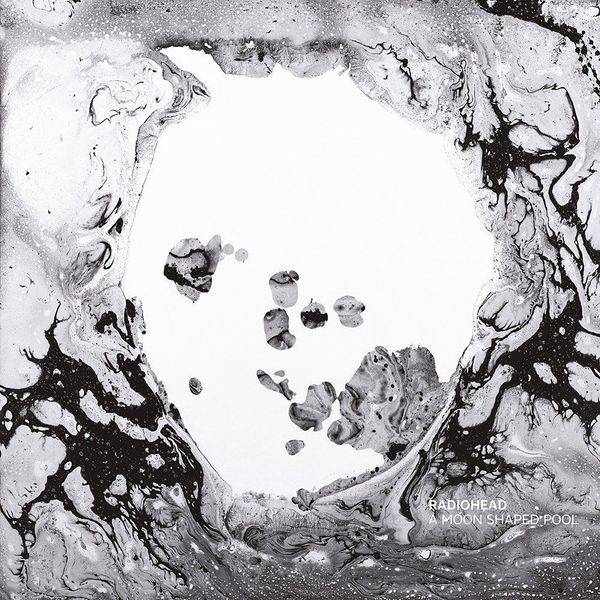
Given their reputation for producing great records on a consistent basis, Radiohead’s previous album The King of Limbs had the curious quality of merely being ‘quite good.’ Whilst a case can be made for each of their releases since The Bends, you would be hard pressed to find anyone who’d declare that their favourite Radiohead record is The King of Limbs. It was surreal to see a release from one of the world’s greatest bands pass by without making any significant impact.
In the five years since we have been treated to numerous side projects that include film scores, solo albums, and Flea-ridden supergroups, but no successor to Limbs. Some of these works were certainly rewarding in their own right, but none came close to matching the rapturous feeling that comes with a new Radiohead album. As the band edge closer towards a new chapter, there remains a genuine apprehension as to whether Radiohead still have the special quality that has made their music so captivating over the past twenty years. Perhaps a dramatized concern, but a concern nonetheless given artists of similar stature have fizzled out before. Is Limbs to be the start of a gradual fall from excellence, or a mere blip in their discography; a minor stumble that the band ultimately recovers from?
“Spectre” is the first Radiohead track to drop in years, and it serves far more than its original (intended) purpose of being a customary title theme for the latest Bond film. If we choose to interpret it as such, “Spectre” offers an insight into the bands current musical process, and they seem to be venturing away from the overly precise nature of Limbs. Though slightly more extravagant, its arrangement is more akin to the Radiohead of the 2000s: a typical Yorke piano pattern being driven along by a dynamic beat, eventually surrounding itself with the orchestral swirls that Jonny Greenwood is nowadays renowned for through his score work. The most immediate separation from Limbs stems from Selway’s jazzy drumming; its improvised strokes providing the perfect contrast to the methodical loops found on the first half of the album. Though not nearly as beautiful, “Spectre” is as close to a successor to “Pyramid Song” that Radiohead have produced, and when you consider the fears that have been held over the bands future, it’s a welcome descendant.
Sadly, it seems Radiohead’s new lease of life was misplaced. Sam Smith instead wrote the theme used for Spectre, and it’s easily one of the most apathetic songs in a Bond catalogue that spans well over half a century. It’s easy to understand the choice from a marketing perspective, but unlike Adele’s efforts last time round, “Writing’s on the Wall” failed to deliver on any of the fundamentals that a Bond song should possess, and wasn’t nearly interesting enough to get away with it either. To the producers’ credit, Smith’s is a fitting song for a Bond flick that relies too heavily on lazy tropes and reputation. In that sense, we should perhaps be thankful that Radiohead’s effort wasn’t chosen—their “Spectre” is a class above the film itself, and its inclusion would have resulted in an awkward mismatch.
In a way, Spectre’s greatest achievement may have been providing reassurance of Radiohead’s current status. Fresh details hint towards a new album arriving sooner than expected, and given the warm response that has met their attempt at a Bond theme, now may be the perfect time. There’s never a bad time for a Radiohead album of course, but the quality of “Spectre” has reclaimed at least a portion of the interest that had been lost in the curious dead space that has transpired since the release of Limbs. With just one satisfying reminder, Radiohead have our full attention again. Bring on LP number nine.



